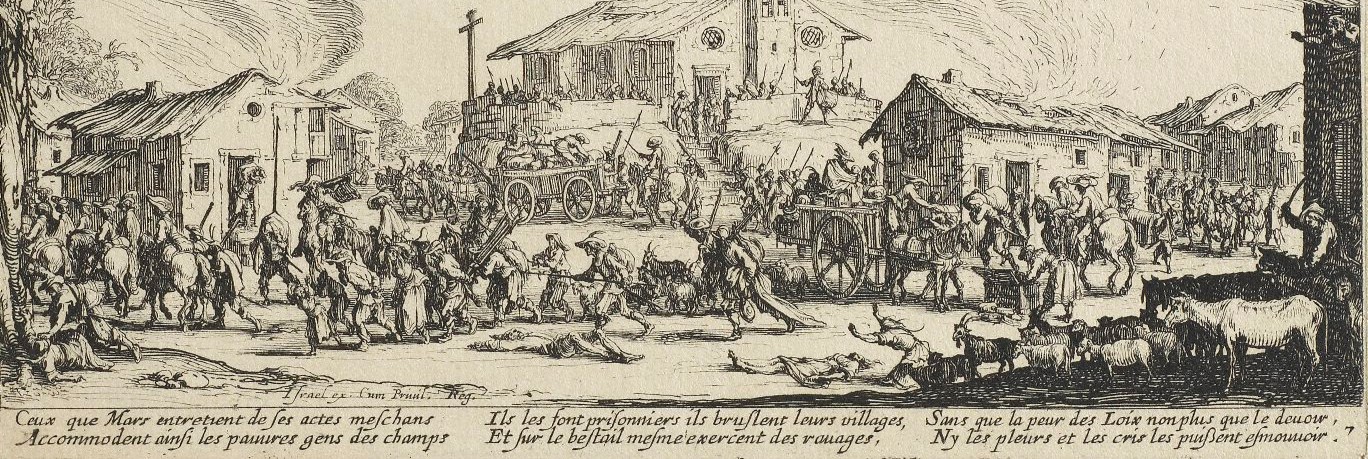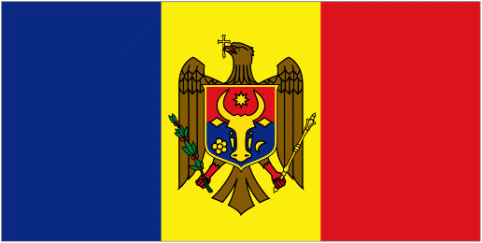By Digvijay Dam*
Hon’ble PM Narendra Modi’s vision for the “Make in India” campaign is gaining an impressive momentum in the international fora, which is evident from the fact that India has received around $19.78 billion of foreign investment after the NDA government came into power. However, where there are investments, there are bound to occur some inevitable disputes, which are needed to be resolved in a swift and an amicable way. Here comes the need for a robust arbitration mechanism to deal with such kinds of disputes, as the parties generally tend to avoid litigation in courts. Post the enactment of the Indian Arbitration and the Conciliation Act 1996; India has not been a favorable destination for arbitration, due to a plethora of problems for eg. the issue of enforcement of foreign arbitral awards in India (White Industries Australia Limited v. Republic of India), the issue of interference of the Indian Judiciary in arbitrations seated outside India (Bharat Aluminum v. Kaiser Aluminum Technical Services[1] reconsidering the decision Read More »

 This is one of my earlier writings from law school and hence, it is straight from the heart. I must admit that I was rather hesitant to share this draft for it might at the outset, appear a bit sketchy and rough. However, I have chosen to keep the draft just as it was prepared to not take away from the invaluable analysis and legal research that was contributed by my Nani Palkhiwala mooting teammates and my late grandfather. Perhaps, that’s why this draft is even more special. Diving straight into the technical aspects of this draft, I aim to answer the question: “Can an Assessee opt for the same assessment year to be governed by the provisions of the Act in so far as assessment of one type of income is concerned but by the provisions of the Agreement in so far as another type of income is earned due to the widely worded language of section 90(2) of the Act hauling the language read as – “to the extent that the provisions thereof are more beneficial to the Assessee”?
This is one of my earlier writings from law school and hence, it is straight from the heart. I must admit that I was rather hesitant to share this draft for it might at the outset, appear a bit sketchy and rough. However, I have chosen to keep the draft just as it was prepared to not take away from the invaluable analysis and legal research that was contributed by my Nani Palkhiwala mooting teammates and my late grandfather. Perhaps, that’s why this draft is even more special. Diving straight into the technical aspects of this draft, I aim to answer the question: “Can an Assessee opt for the same assessment year to be governed by the provisions of the Act in so far as assessment of one type of income is concerned but by the provisions of the Agreement in so far as another type of income is earned due to the widely worded language of section 90(2) of the Act hauling the language read as – “to the extent that the provisions thereof are more beneficial to the Assessee”?  This memorandum describes the procedure of filing a refugee claim in the United Kingdom (“UK”) and then compares it to the modus operandi of three other countries namely United States of America (“USA”), The Republic of South Africa (“South Africa”) and Canada. It discusses at length, the entire procedure of making a claim for asylum, right from when the first application is made by the asylum seeker until the grant or refusal of refugee status by the concerned authorities, in order to facilitate effective comparison between the abovementioned jurisdictions.
This memorandum describes the procedure of filing a refugee claim in the United Kingdom (“UK”) and then compares it to the modus operandi of three other countries namely United States of America (“USA”), The Republic of South Africa (“South Africa”) and Canada. It discusses at length, the entire procedure of making a claim for asylum, right from when the first application is made by the asylum seeker until the grant or refusal of refugee status by the concerned authorities, in order to facilitate effective comparison between the abovementioned jurisdictions. India has formally initiated a WTO dispute proceeding against the United States over the increased visa fees for two categories of non-immigrant temporary working visas into the US, and measures relating to numerical commitments for some visas ,as per the announcement on the WTO website
India has formally initiated a WTO dispute proceeding against the United States over the increased visa fees for two categories of non-immigrant temporary working visas into the US, and measures relating to numerical commitments for some visas ,as per the announcement on the WTO website  Russia.
Russia.